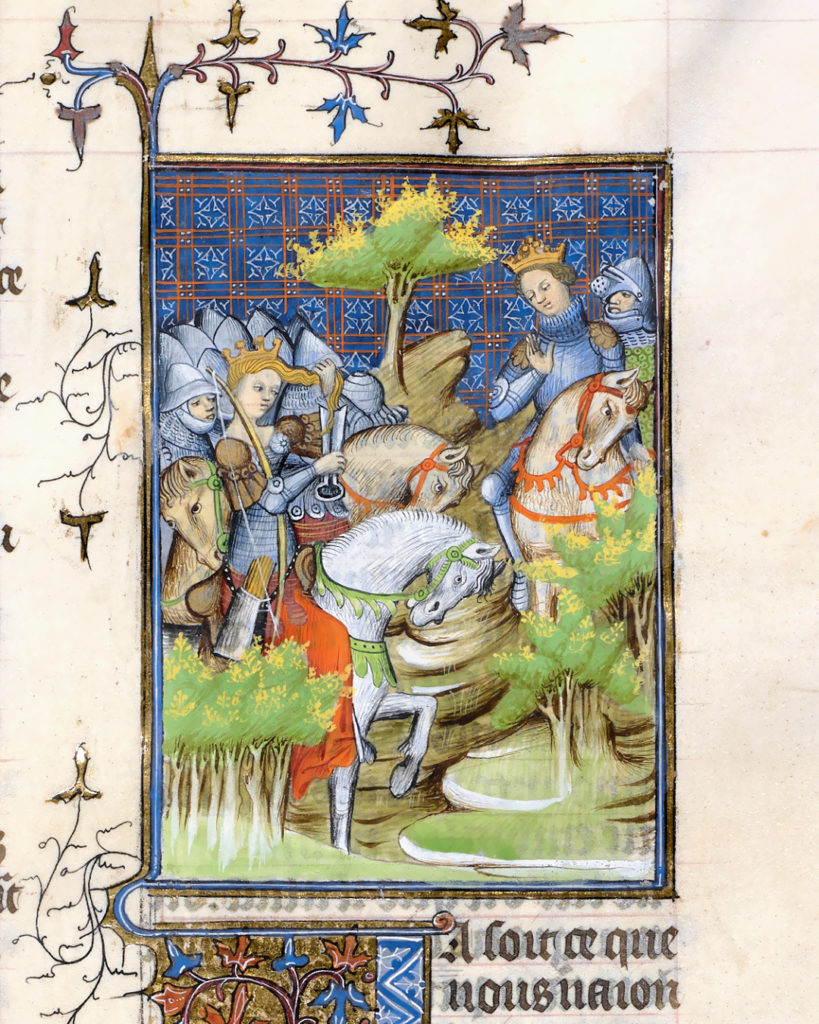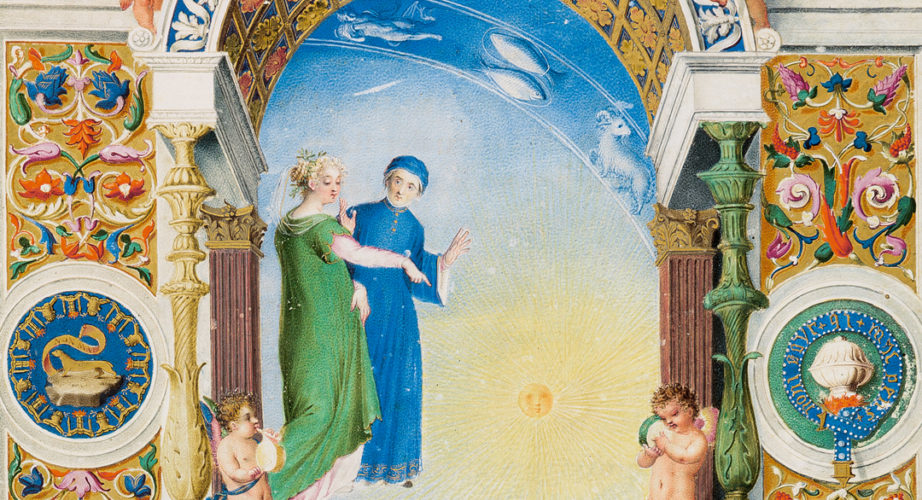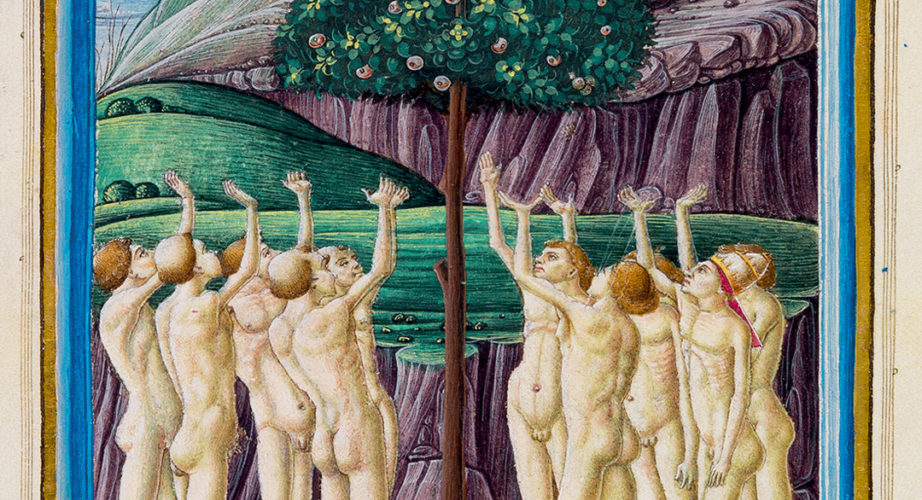Hypsicratea

Yes, Folia Magazine is finally back! And what better way to reprise our columns than doing so with our beloved Women's Wednesday?
Our protagonist of the week is famous for leaving her traditional feminine role, cutting her long hair and learning to ride a horse to battle, as well as fighting with lance, sword, and bow and arrow... all for the sake of her family. No, we are not referring to Mulan, but rather to Hypsicratea!
As the sixth wife of King Mithridates VI, Hypsicratea became Queen of Pontus during the 1st century BC. Her love for the King was so deep that, when he was defeated in war by the Romans and put into exile, Hypsicratea chose to leave Pontus to follow him and fight beside him on the battlefield. Despite her brilliance as a warrior, Hypsicratea was ironically killed by Mithridates when the King attempted suicide by poison, eventually failing to take his own life but instead taking those of many of his wives and children.
In an especially poetical passage, Boccaccio transports his readers right into the battlefield alongside Hypsicratea. Here, the writer describes the sounds and terrors of war and the physical struggles of the woman, so used to her life at the royal palace and to the daily life and traditional role of a lady of the time. Pearls are replaced by blood, singing is replaced by the screams of the dying... and the delicate heart of the Queen, so to honor her love, is replaced by that of an experienced knight.
"Hypsicratea", illumination from the manuscript “Des cleres et nobles femmes”, ms. Royal 20 C V, f. 119r, first quarter of the 15th century, British Library, London.


